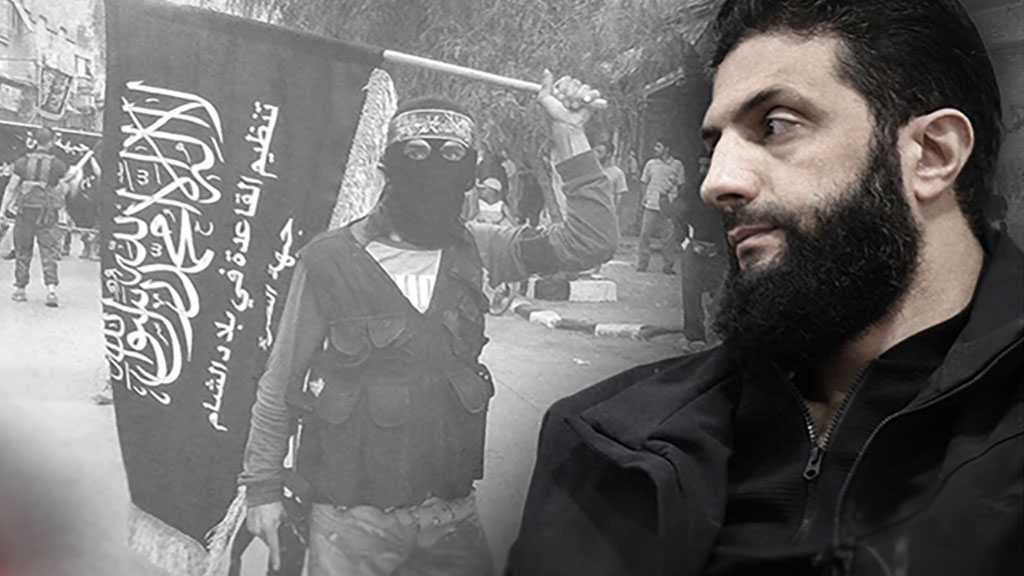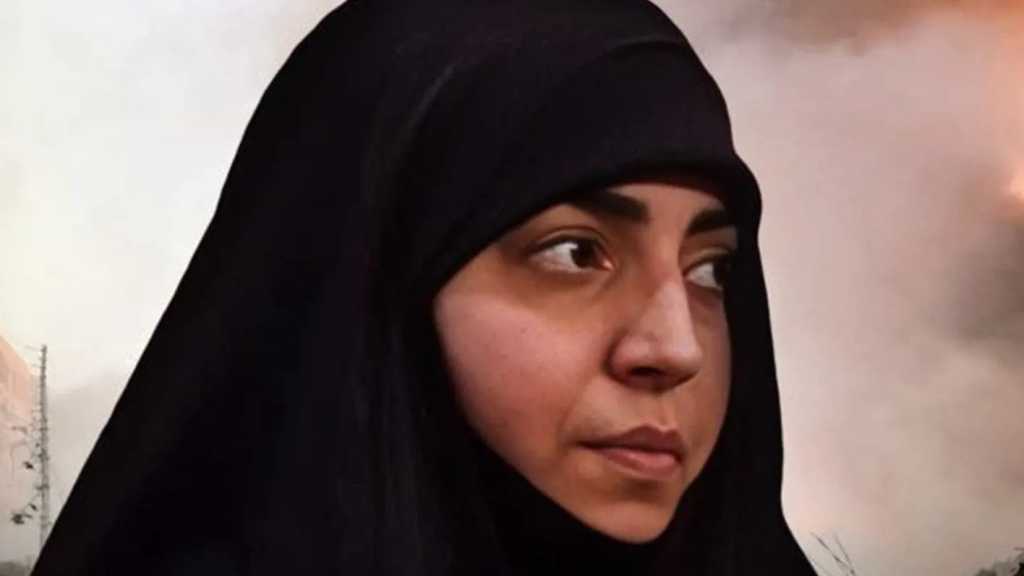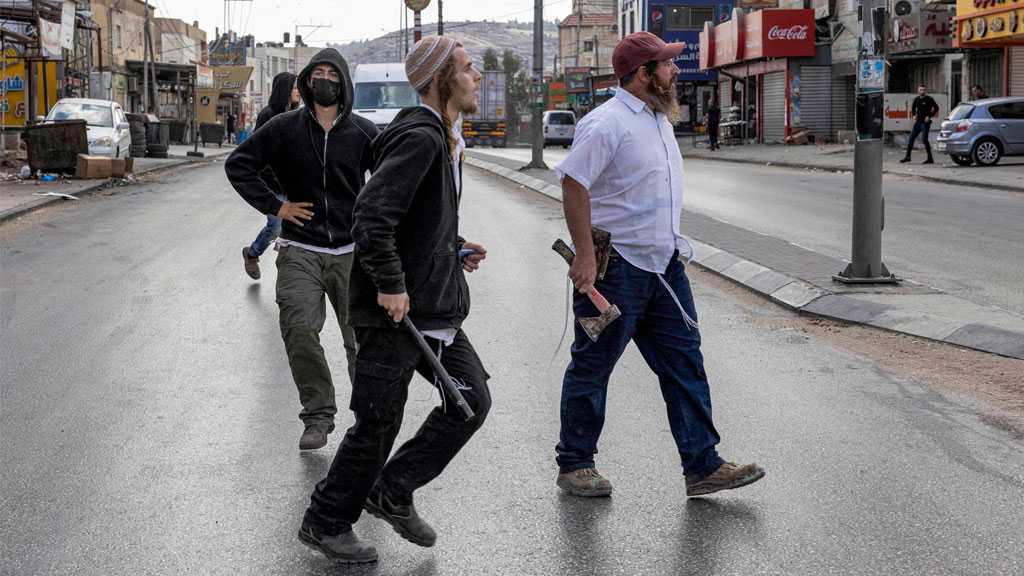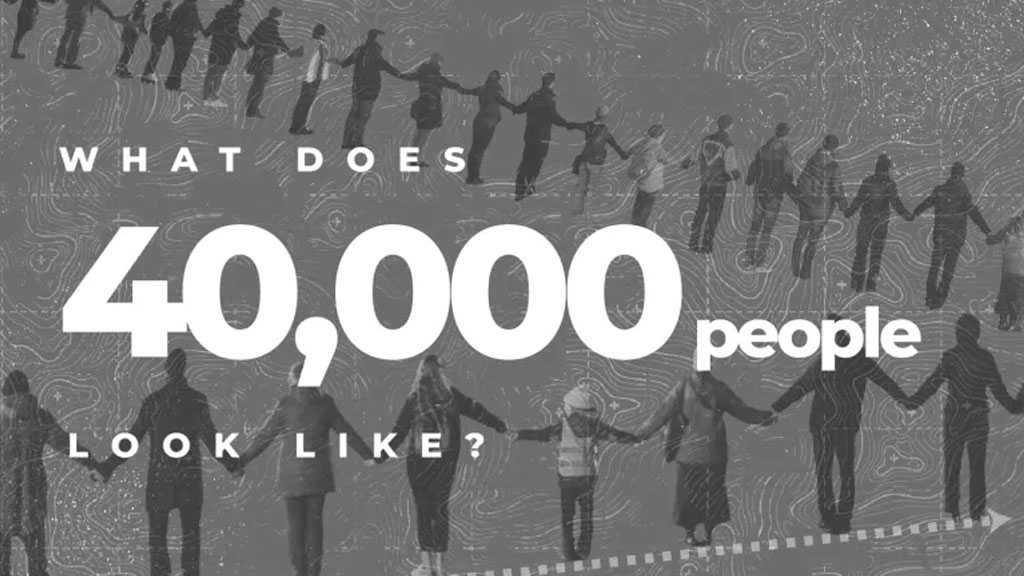
Family Of Prisoner Says He Was Beaten to Death in ‘Israeli’ Jail
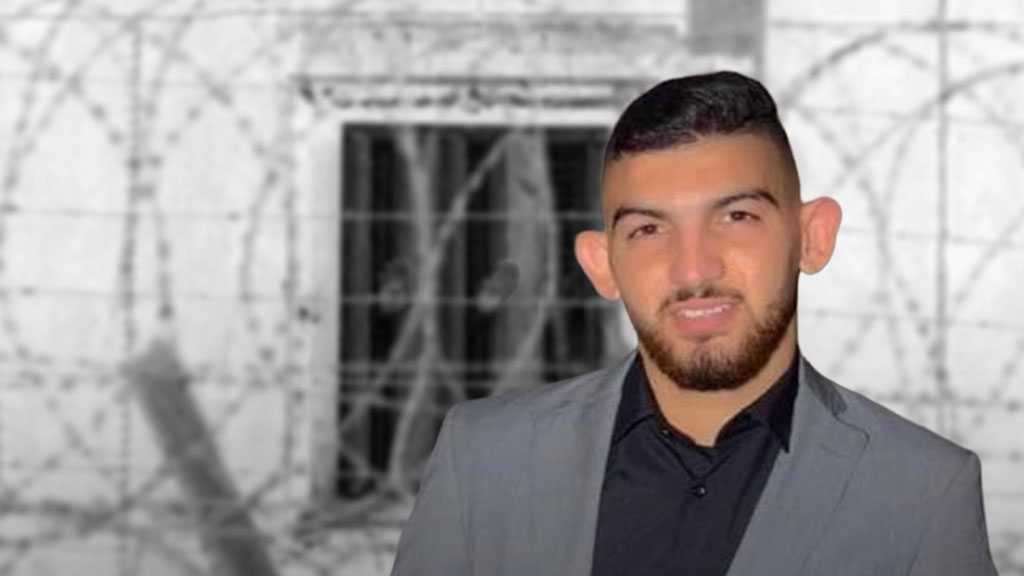
By Fayha Shalash | MEE
Two Palestinian families in the occupied West Bank are in shock after news that their relatives, who were arrested by ‘Israeli’ forces, died in custody after suspected severe beatings during detention.
The deaths were reported as detainees told Middle East Eye that since war broke out in Gaza and ‘Israel’ on 7 October, prisoners have been subject to widespread abuse, violations and beatings by ‘Israeli’ prison staff.
At midnight on 22 October, a large number of ‘Israeli’ forces stormed the town of Beit Sira, west of Ramallah in the occupied West Bank.
The soldiers raided a number of houses, including the home of 25-year-old Arafat Hamdan.
The soldiers swiftly moved around the house, breaking the furniture, and beat family members. First, they attacked the father, tied his hands, then put a black bag over his head and made him sit in one of the rooms. A soldier then asked about Arafat and for his ID to confirm.
Other soldiers handcuffed him, beat him, and covered his head with a foul-smelling burlap bag. This was the first time he had been arrested.
His younger brother, Mohammed, 16, had recently been released from prison, where he spent five months, after he was shot in the leg by soldiers who claimed he was throwing stones at them near a checkpoint by the town's entrance.
The family had barely started trying to find out information about Arafat and the circumstances of his detention when the news of his death in detention struck down like a thunderbolt.
Arafat died in the ‘Israeli’ Ofer prison on 24 October, only two days after his arrest.
Mahmoud, his cousin, said Arafat was in excellent health. He had only suffered from diabetes but wasn’t taking medication for it, just following a diet to keep it under control.
According to testimonies by prisoners, Hamdan was severely beaten in prison after his arrest, and his family hold ‘Israeli’ prison authorities fully responsible for his death.
"According to some of the detainees who were released, the soldiers severely beat the prisoners while taking them to trial or to the clinic, and Arafat was among them. He was never in bad health and worked in construction," Mahmoud added.
The news of his death has left Arafat's mother and wife in a state of complete nervous breakdown. He had a six-month-old daughter and his wife was pregnant.
“The ‘Israeli’ police transported his body to the Institute of Forensic Medicine to conduct a CT scan. We filed a complaint to demand accountability, but we know with certainty that this is an occupation whose goal is to kill us and won’t do us justice,” Mahmoud said.
In addition to the relentless bombing campaign that ‘Israel’ has been carrying on Gaza since 7 October, the ‘Israeli’ army has also launched a widespread arrest campaign in the occupied West Bank.
Some 1,530 Palestinians from various cities, including journalists, researchers, university students, and former prisoners have since been arrested.
The number of Palestinians in ‘Israeli’ prisons has reached more than 6,600, including more than 50 women, in addition to thousands of Gazan workers who were in ‘Israel’ on 7 October, according to the Palestinian Prisoners Club.
‘Israel’ has increased its crackdown on Palestinian prisoners since the start of the war with a series of punitive measures that have seen detainees confined to their cells, with no access to courtyards, electronic devices, personal belongings, or visits from family and lawyers.
They have also closed the food store, and inmates are limited to two meals a day, with decreased portions.
'We almost went crazy'
Elsewhere in the West Bank, another house was filled with people in mourning.
The family of Omar Daraghmeh, 58, did not know that the night of 9 October would be his last in his home in Tubas city.
Daraghmeh, who Hamas claimed as a member, was arrested several times previously by the ‘Israeli’ army and the Palestinian Authority. This time, soldiers stormed his house two days after the start of the war and detained him with his son Hamza.
His eldest son, Nimr, said that his father was not suffering from any health problem prior to his arrest. Daraghmeh was transferred to Megiddo prison and attended a court session on 23 October, the same day his death was announced.
"We almost went crazy. He didn’t suffer from anything and sat with his lawyer that day and told him that he had been beaten. Most likely, he was fatally beaten while being transferred from court to prison," Nimr told MEE.
Hamza was transferred to solitary confinement immediately after his father’s death, and his family does not know if he was given the news.
According to Nimr, the Palestinian Prisoners Club had received an initial medical report indicating that his father died of a stomach bleed, sustained during the beatings, and was left untreated.
"In the house, during his arrest, they treated him inhumanely, pushing him forcefully against the wall and hitting his body several times against the furniture and walls under the pretext of trying to restrain him," Nimr said.
'All my ribs were broken'
Louay Ghaith, 30, was arrested at his home in the Old City of Al-Quds on 17 October.
Ghaith wasn't beaten during his arrest, but the abuse started in al-Mascobiya prison, where authorities had begun separating security detainees from criminal prisoners.
Ghaith said that at least five prison guards would gather around anyone classified as a security prisoner and severely beat him.
“They would assault us with iron sticks on the back, knees, neck, and hands. They would throw us to the ground, stomp on our faces with their shoes, and force us to curse Hamas," Ghaith told MEE.
Ghaith said he was subjected to violent beatings over four consecutive days, several times per day. Just when he thought the abuse had stopped, he added, he was attacked two days later.
"One of the detainees was urinated on by the guards, and another had his limbs broken. The prisoners have developed severe anxiety."
"They feel afraid at the sound of the guards’ keys as they approach and crowd themselves into the cell's corner and turn their faces to the wall for fear of being beaten,” he added.
The violence in al-Mascobiya prison has not spared anyone, young or old. In addition to the continuous beating, the crackdown has also included hurling insults at prisoners, spitting in their faces, forcing them to sleep on the floor without mattresses, and keeping the bright light on in the cells all night.
Ghaith was arrested for no reason other than that he was a former prisoner. After nine days of detention, he was released into house arrest for a week with a fine.
"The first thing I did was go to the hospital. All my ribs were broken and the bruises were deep and needed time to heal," he said.
"I appeal to any human rights organization to visit the detainees because the situation is unbearable and can’t be fully explained."
Helmi al-Araj, the director of the Hurriyat Centre for Civil and Social Rights, said that before the death of the two prisoners, he had warned of the danger to the lives of prisoners amid reported cases of medical negligence, the lack of treatment, the prevention of medical examinations, and the unprecedented violence inside prisons.
“There is severe psychological and physical torture. All of these reasons combined with the occupation's racism against Palestinians indicate an imminent danger to the lives of the prisoners,” he said.
In the face of what he said was mistreatment that "amounts to war crime", Araj said that several appeals have been made to the international community, especially to the secretary-general of the United Nations and the Red Cross, to assume their responsibilities and condemn ‘Israel's’ actions against Palestinian prisoners.
Comments
